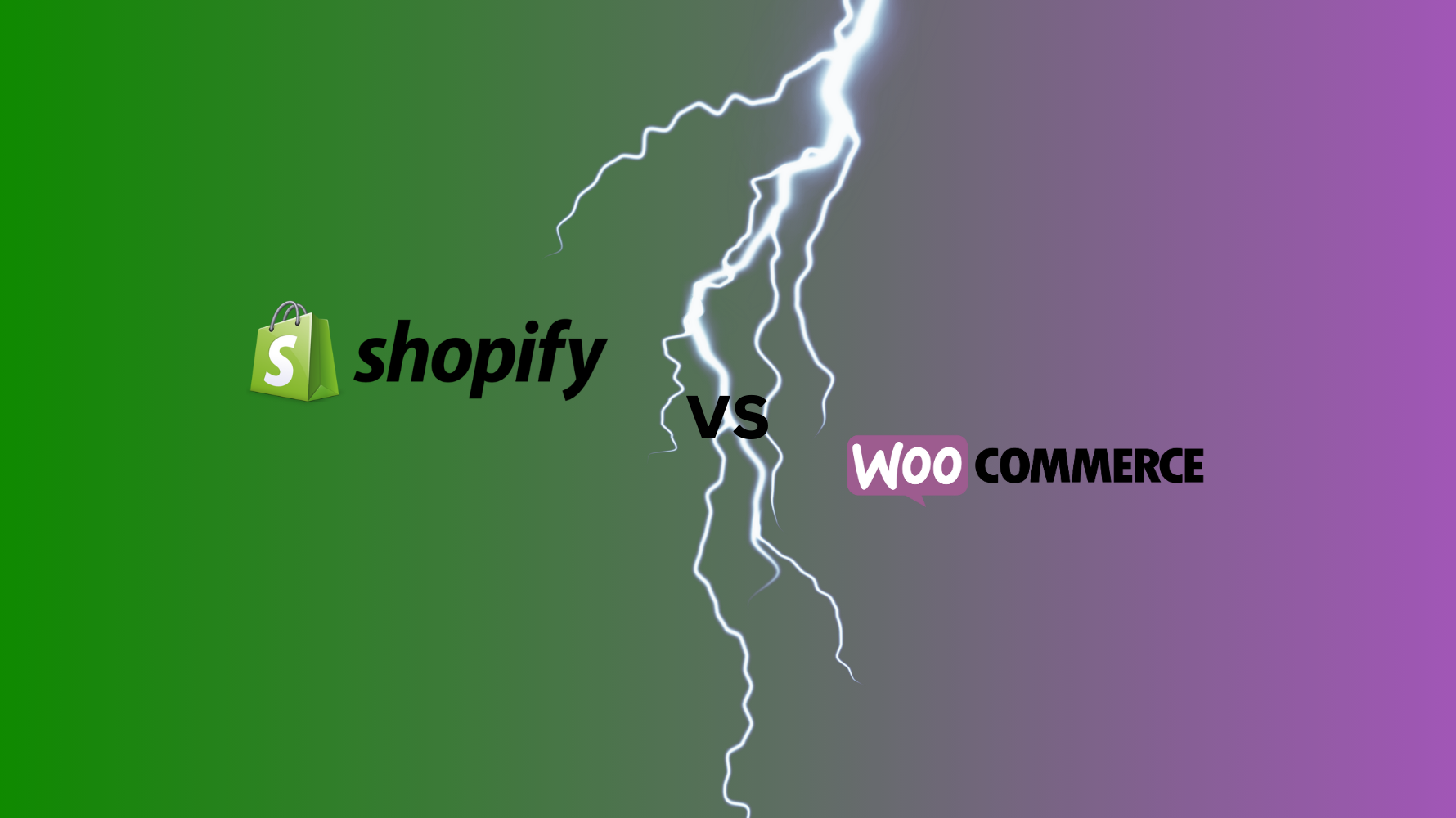
Shopify vs. WooCommerce – Welche Plattform passt besser zu Ihrem Unternehmen?
When it comes to launching an online store, choosing the right e-commerce platform is crucial. Shopify and WooCommerce are two of the most popular options available, each offering unique advantages and potential drawbacks. This article will provide a detailed comparison of these platforms to help you determine which one is best suited for your business needs.
Overview of Shopify and WooCommerce
Shopify is a hosted e-commerce platform that provides everything you need to create and manage an online store. It’s a fully integrated solution, meaning you don’t have to worry about hosting, security, or any technical aspects of running a website. Shopify is known for its ease of use, extensive app ecosystem, and robust customer support.
WooCommerce, on the other hand, is an open-source e-commerce plugin for WordPress. It allows you to transform your WordPress website into a fully functional online store. WooCommerce offers greater flexibility and customization options compared to Shopify, but it requires more technical knowledge to set up and manage.
Pros and Cons of Shopify
Pros
- Ease of Use: Shopify’s user-friendly interface makes it easy for beginners to set up and manage their online store without needing technical skills.
- All-in-One Solution: Hosting, security, and maintenance are handled by Shopify, allowing you to focus on running your business.
- 24/7 Support: Shopify provides round-the-clock customer support via phone, email, and live chat.
- App Ecosystem: A vast array of apps and integrations are available to extend the functionality of your store.
- Skalierbarkeit: Shopify can handle small stores as well as large enterprises, making it suitable for businesses of all sizes.
Cons
- Cost: Shopify charges a monthly subscription fee, and transaction fees apply unless you use Shopify Payments. Additional costs may be incurred for apps and premium themes.
- Limited Customization: While Shopify offers many customization options, it’s not as flexible as WooCommerce in terms of design and functionality.
- Proprietary Platform: You’re locked into Shopify’s ecosystem, making it challenging to migrate to another platform if needed.
Pros and Cons of WooCommerce
Pros
- Flexibility and Customization: WooCommerce offers extensive customization options, allowing you to tailor your store to your exact specifications.
- Cost-Effective: WooCommerce itself is free, and you only pay for hosting, domain, and any premium plugins or themes you choose to use.
- Control: Since WooCommerce is self-hosted, you have full control over your website’s data and performance.
- Large Community: A vast community of developers and users can provide support, extensions, and themes.
- Integration with WordPress: If you’re already using WordPress, WooCommerce integrates seamlessly, leveraging the power of the WordPress ecosystem.
Cons
- Technical Knowledge Required: Setting up and managing a WooCommerce store requires a good understanding of WordPress, hosting, and security.
- Maintenance: You are responsible for managing hosting, updates, and security, which can be time-consuming.
- Variable Costs: While WooCommerce can be cost-effective, expenses for hosting, premium themes, plugins, and developer assistance can add up.
- Performance Issues: If not properly optimized, WooCommerce stores can suffer from performance issues, especially as your store grows.
Key Factors to Consider
When deciding between Shopify and WooCommerce, consider the following key factors:
- Budget: Shopify has a clear pricing structure, while WooCommerce’s costs can vary. Assess your budget and consider both fixed and variable expenses.
- Technical Expertise: Shopify is ideal for those with limited technical skills, while WooCommerce is better suited for users comfortable with web development and management.
- Customization Needs: If you need extensive customization and flexibility, WooCommerce is the better choice. For a more straightforward setup, Shopify is preferable.
- Skalierbarkeit: Both platforms can scale, but Shopify offers a more seamless experience as your business grows.
- Support: Consider the level of support you need. Shopify provides dedicated support, whereas WooCommerce relies more on community support and self-help resources.
Fazit
Both Shopify and WooCommerce are powerful e-commerce platforms, each with its own strengths and weaknesses. Shopify is an excellent choice for those seeking an easy-to-use, all-in-one solution with robust support. WooCommerce is ideal for those who require greater flexibility and control over their online store.
Ultimately, the best platform for your business depends on your specific needs, budget, and technical capabilities. By carefully considering the pros and cons of each platform, you can make an informed decision that will set your e-commerce venture on the path to success.

